“One should always be able to look stylish and elegant; let’s do this with a clear conscience and not sacrifice our fashion look & style”.
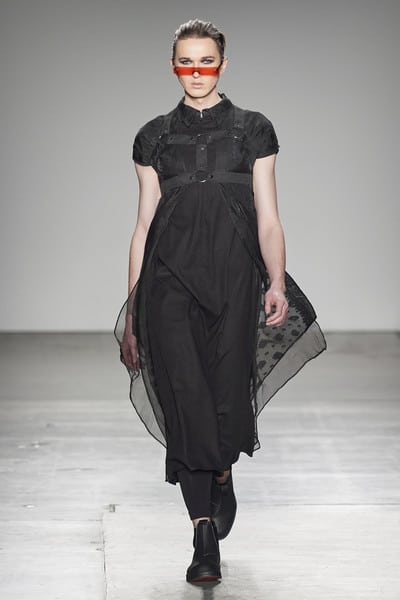
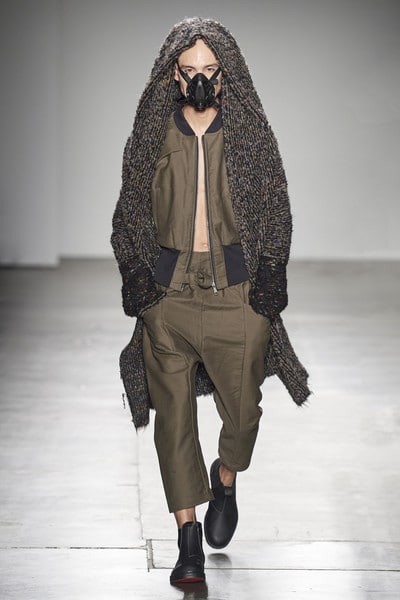
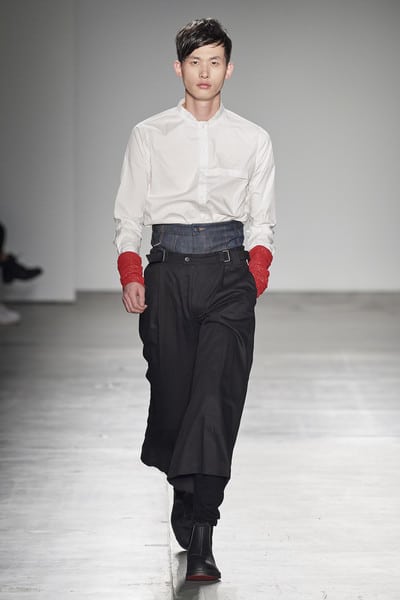
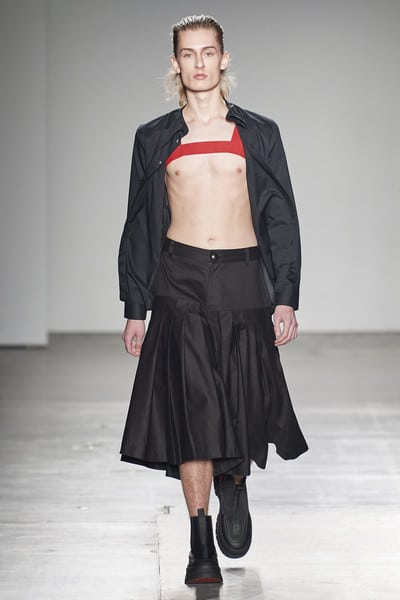
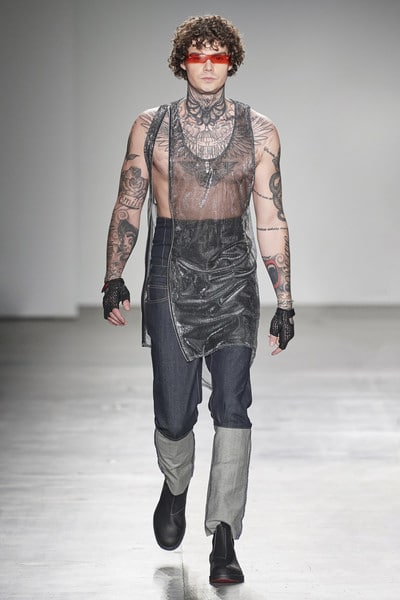
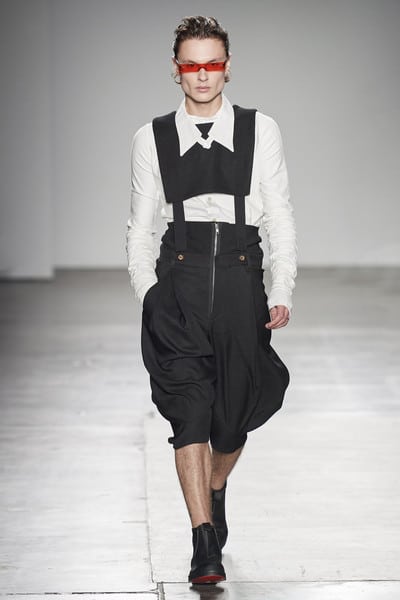

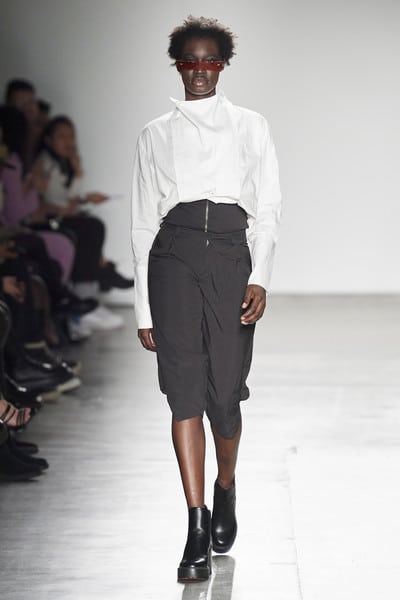


Did you know that the clothing and textile industry is the second largest polluter in the world? Shockingly, 85% of textiles end up in a landfill, where 95% of them could actually be recycled! These are just a couple of the striking facts which have driven Designer Ashokji Bhojaji Odedra, who is the founder and creator of the brand – Ji Ji By Odedra, to want to make a change for the better. Having pursued a career in the fashion industry myself, I am stunned at the proportion of wastage and pollution inflicted upon the environment, people and animals.
Likewise, Ashokji has been on a global journey, with numerous encounters that led him to have a vision which paves the way for emerging sustainable fashion brands. Having started his career in Manchester (UK), prior to moving to Beijing, followed by Spain and Kuwait (just to name a few of the countries!), Ashokji’s greatest inspiration was fuelled by his experiences in China and Bangladesh. His tales of working abroad enthral me, and we discuss in length how the sheer shock of being behind the scenes in Bangladeshi factories gave him the inspiration behind the Rebels of Extinction collection and everything his #sustainabiltiesnotjustatrend hashtag and mantra stands for.
Witnessing the impact of fast fashion first hand, mainly where the demand for cheap garments forces factories and suppliers to cut corners which have a damning effect on their workers and the environment, breaking away from the façade of ‘trend’ driven style is crucial for him. His brand takes great pride in creating conscious fashion, and Ashokji is passionate about “not using trends as a marketing tool that trick consumers into wanting to update their wardrobes unnecessarily” and feels strongly that “people should buy quality, not quantity – especially with regard to items that barely last more than two wash cycles”.
Over the past two years, we have seen a surge in ethical and sustainable initiatives across fashion and other industries. Used as a marketing tool amongst many mass retailers and brands, I was keen to establish what sustainability means for Ashokji and how, as the foundation of his brand, he has managed to uphold this and the challenges associated with doing so.
He continues to educate me on how the reuse of 1 tonne of polyester garments actually only utilises 1.8% of the energy required to manufacture these goods from virgin materials. Further to this, the reuse of 1 tonne of cotton clothing only utilises 2.6% of the energy required to manufacture from pure materials. His brand and aim are strongly driven towards creating a platform where fabrics are used and sourced sustainably, with ethics remaining a core value.
Fast fashion in Western parts of the world is primarily fueled by womenswear, being the largest sector within manufacturing. Ashokji feels strongly that there is great irony in the fact that – “as we become more progressive and fight for gender equality and opportunities, particularly in liberal societies where women have demanded the power to dress how they wish, we disregard the impact of this on manufacturing countries, predominantly in the East. These are largely made up of women and children who are often subjected to mistreatment and exploitation in the garment industry, which is under constant pressure to satiate the demand fueled by fast fashion expectations”.
More recently, due to the pandemic, factory workers and their families have been disproportionately affected by brands and retailers who refused and still do so, to pay for cancelled/excess orders. Before this, exposed to the pollution, ethical issues and riots (associated with the cost of living versus wages), as well as the severity of working conditions in smaller out of town factories in Bangladesh, Ashokji explored the long term impact of environmental pollution further. Discovering that the amount of dead stock and leftover fabrics from factories (from cancelled/excess orders) was immeasurable, he discovered 4 – 5 extremely large warehouses in Central Dhaka that sell these – in a final attempt to salvage something. In the eventuality that these are not bought, they sadly end up in a landfill.
As the driving force behind his inspiration for the ethos of his brand, the Rebels of Extinction collection encompasses the importance of sustainability from a fabric perspective. Forget organic and recycled cotton; why even cultivate something new when there are tonnes of existing dead stocks available? Surely this is the most sustainable method of sourcing fabric? If he is not purchasing from the dead stocks in Bangladesh, UK haberdashery bins are the way forward!
Featured on the catwalk of New York Fashion Week in February 2020, Ashokji made his debut with Rebels of Extinction, an empowering collection with a fundamental message from a fashion designer with a conscience! This was cultivated to convey a gender-fluid feel, using dead stock as well as organic and hand loom pieces. Moving away from the predictability of recycled trends from the 70s, 80s, 90s and so forth, the brand is about embracing expression, originality and creating a non-binary style that allows individuals to steer away from repetitive fashion trend expectations.
With a personal approach to fashion, I love how he describes the collection with a likeness to ‘seasonal cooking’. Made to order, according to whatever fabrics are available at that point in time, you can guarantee a sustainable and original piece of clothing.
For Ashokji, slow fashion is the way forward. No trends, no seasonality – being transitional is key. This is also translated into the target market, which is most definitely NOT mass. Producing only 10-20 of each piece in a collection means less wastage, a limited edition range and genuine sustainability in terms of fabric sourcing. But what does this mean for distribution and availability, and how can you get your hands on a piece of this revolutionary clothing?
The power of Instagram! Be sure to check out https://www.jijibyodedra.co.uk/, but @jiji_by_odedra is your best bet for acquiring a fashion-conscious piece of clothing to add to your wardrobe.
If you are interested in stocking the brand in your boutique or online store, please reach out to Ashokji at https://www.instagram.com/jiji_by_odedra/
In addition to this, Ashokji is also working closely on other exciting projects that highlight focusing on conscious fashion and the story behind this collection, so watch this space!
Brand Philosophy:
Ji-Ji By Odedra is an Eco-Conscious Fashion Design which looks at historical fashion influences with modern days influences, that inspires elegance in everyday life…
With a focus on using deadstock, organic, upcycled, and handloom fabrics, Ashokji truly believes that:
“One should always be able to look stylish and elegant; let’s do this with a clear conscience and not sacrifice our fashion look & style”.
Ji Ji By Odedra: A fashion brand and designer with a message!
A brand that is aimed at conscientious fashion consumers who want to make a difference.
Fashion Sustainability Tips:
• You don’t need a wardrobe filled with sustainable and ethically made clothes – wear what you already have for longer. An extra 10-11 months extended wear can reduce environmental impact massively
• Use eco-friendly washing detergent and look after what you purchase
• Be conscious of packaging when purchasing new items – is it reusable or recyclable?
• Question who made your clothes. Have workers been paid a living wage?
• Steer away from following ongoing trends; have your own style/fashion/unique look, which allows you to focus on buying quality over quantity. Rather than being influenced, slow down and learn to love and be creative with the clothes that you already have.
• As a consumer, you have the power to put pressure on brands to be more sustainable and ethical when manufacturing abroad – USE YOUR VOICE!
“A brand that is aimed at conscientious fashion consumers who want to make a difference“.





